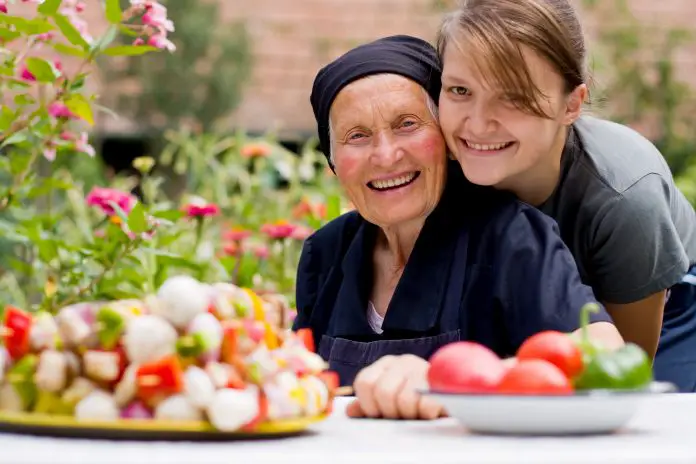The Centre for Cultural Diversity in Ageing, supported by Benetas, has identified a need for more work at a governance and leadership level to support the cultural, linguistic, spiritual, and lifestyle requirements of consumers.
The aged care sector is undergoing major reform, which presents an opportunity to instigate change by including diverse voices and contributions to help shape an improved aged care system.
The Royal Commission made a series of recommendations to fundamentally change the aged care sector and made it clear that:
“The existing aged care system is not well equipped to provide care that is non-discriminatory and appropriate for people’s identity and experience. We heard about aged care providers that do not provide culturally safe care, that is, care that acknowledges, respects and values people’s diverse needs. Across the aged care system, staff are often poorly trained in culturally safe practices, with little understanding of the additional needs of people from diverse backgrounds.”
To support aged care providers to deliver more inclusive care, the Australian Department of Health Aged Care Diversity Framework was developed in 2017. The Framework aims for a person-centred experience and recognises that people have different needs based on their diverse characteristics.
The Centre for Cultural Diversity in Ageing encourages aged care providers to fully utilise the Aged Care Diversity Framework and incorporate diversity, equity and inclusion principles, policies, and strategies across the whole of their organisations.
Examples of sectoral initiatives that promote and celebrate inclusive practices:
· The Centre’s Excellence Awards celebrate diversity in organisational leadership, service delivery and individual achievement.
· The Centre’s Inclusive Service Standards which adopt a whole of organisation approach to diversity, equity and inclusion including a commitment to diversity from the executive level.
· Whole-of-organisation diversity strategies and plans developed by aged care providers. Examples are those of Bolton Clarke, Goodwin, Community Vision, Uniting NSW/ACT, and Calvary Care.
· Benetas developed a consumer registry to improve consumer voices within the agency. The organisation made a commitment to increasing diversity within its registry.
· The Centre’s Practice Guide on Effective Co-design with Consumers from Culturally and Linguistically Diverse Backgrounds provides some key suggestions to ensure that services are fit-for-purpose. For services, care, and policy to be consumer centred and culturally inclusive, co-designing services with older people from culturally and linguistically diverse backgrounds (CALD) is essential.
The Centre is in complete support of the Federal Government’s development of the Council of Elders, which will provide a platform for older people’s views, preferences, and needs in aged care reform deliberations. The Council now needs to make sure it includes culturally diverse opinions to be truly representative of Australia’s population.
Danijela Hliš, a Council of Elders member and CALD consumer advocate, expressed how to achieve a more inclusive aged care system.
“For all human beings, communication is the way to enablement, better care, correct diagnosis, socialising and healthy living. We can only achieve this healthy communication with the help of bicultural apps and tools, bicultural workers and volunteers, ethno-specific/culturally appropriate training, legislating the use of interpreters, raising awareness in aged care-related research and the need for all seniors and elders to participate and be involved in research and decision making…..We are so very different, all of us, but with equal human rights.”
Approximately, a third of Australian seniors are from CALD backgrounds. To ensure their voices are adequately heard and equitably represented in the aged care policy reform process, the Centre advises that innovative and more inclusive consumer advocacy and governance models are adopted. It might include the establishment of a national organisation that better reflects the voices of consumers from CALD backgrounds (e.g. a Multicultural Elders Council). Such an organisation would provide opportunities for consumers from CALD backgrounds to discuss issues affecting them and provide more direct input on local, state, and national policy issues. Ongoing resources must be allocated to support the creation and implementation of such an organisation.
Elizabeth Drozd, CEO, Australian Multicultural Community Services explained,
“Australian seniors from CALD backgrounds deserve the right to a seat at the table when it comes to policy reform that directly affects them and their care needs. A Multicultural Elders Council would provide diverse and primary insight into challenges faced, that is often overlooked or not considered at all.”
The Centre looks forward to working with the Australian Government, aged care providers and sector support organisations such as peak bodies, to diversify governance structures and improve inclusive consumer stewardship in aged care.
Source: press release










